In this article, I discuss how to avert and address burnout at work, sports and other activities.
In my work as a Calgary psychologist and a Cochrane psychologist, I often encounter clients who are suffering from burnout as a result of activities they are engaged in including work and sports. The primary symptoms of burnout are physical and mental exhaustion, actual and perceived decreases in effectiveness and negative attitudes toward the activity. These symptoms often lead to people quitting activities from which they once derived enjoyment and fulfilment.
In the following sections, I will begin by discussing the causes of burnout. This will lead naturally to a discussion of how to prevent burnout before it occurs and alleviate it once it has occurred by targeting these causal factors.
Causes of burnout
The causes of burnout fall into three categories:
(1) Overload factors—This refers to doing too much work at your job and too much training/competition at your sport over a given period without enough time to rest and recover physically and emotionally;
(2) Social factors—Burnout is more likely when the individual experiences extra pressure to perform well from people in their work or athletic environment. This pressure can be exerted in sports by coaches and teammates with athletes of all ages. With professional athletes, additional pressure can come from media and fan attention while for younger athletes parents sometimes add this pressure to their children.
In work settings, this pressure to perform typically comes from supervisors, co-workers and clients/customers although it can in some instances come from people who the individual is supporting financially. In addition, a generally non-supportive environment where you do your training/competing or work contributes to burnout;
(3) Individual factors—These include being perfectionistic in your personality—that is, never deriving satisfaction from your performances unless they are free from mistakes. You are also vulnerable to burnout if you have an obsessive focus on the activity with little else in your life to provide enjoyment and balance and to contribute to your self-esteem
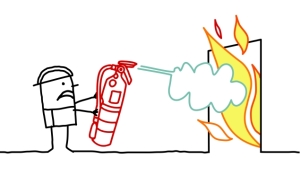
Noticing the signs of burnout
It is best to prevent burnout before it sets in. This entails watching for the symptoms listed above as they mark a change from normal. The symptoms develop gradually rather than all at once so if you watch for this development you can take steps to avert burnout.
Being on the alert for the primary symptoms of burnout I listed above entails the following:
(1) Notice if you or the person you are coaching, supervising or supporting feels more tired than usual physically or mentally as a result of a heavy work or training/competition load;
(2) Check on whether there are actual or perceived decrements in performance. This can be done by looking for signs of frustration in you or the person you are concerned about from putting in effort and not getting the usual results from that effort;
(3) Monitor whether you or the person you are supporting is having more frequent negative thoughts and attitudes toward the activity on which they are focused;
If there are signs that these three symptoms are occurring, assess their level of severity. If they are relatively mild or infrequent, monitor them to see whether they abate or gradually get worse. If the latter occurs, it is likely that burnout is developing and taking steps to prevent it is the right course of action. If the symptoms are already severe, there is no need to wait to take action in order to alleviate burnout which has already materialized.
Taking steps to prevent and recover from burnout
Once you’ve noticed that the signs of burnout are present, you can take steps to prevent it or address it. This entails targeting the factors contributing to burnout:
1) Targeting overload factors—Target this factor of too much work and training/competition by providing rest and recovery so that you can rejuvenate physically and emotionally. If the symptoms of burnout are severe, this may entail (if circumstances permit) taking a break from training/competition or taking a leave/vacation from work.
If the symptoms are not present or are mild, prevent burnout by scheduling lighter training weeks and easy workouts or rest days into your training regimen along with longer breaks after an extended period of stressful training leading up to a competition for which you have been ‘peaking’. To prevent burnout at work, give yourself breaks to relax during the day (e.g., lunch hour or coffee breaks), at the end of a week (such as two days in a row to recharge on the weekend or on two consecutive days during the week), and extended breaks at certain times during the year (e.g., Christmas holidays, vacations).
(2) Targeting social factors—If your burnout is partly the result of too much pressure exerted by people like coaches, parents, supervisors and others, this factor should be addressed by providing a social environment with more support and less pressure. Ideally, this factor can be addressed by allowing you to change your current social environment and remain in it. However, if this is not possible it may be necessary for you to move to a different social environment in which you can perform your sport or work with more support and less pressure than in your current social environment.
(3) Targeting individual factors—Target individual factors which contribute to burnout by making changes in your thinking away from perfectionism and away from having your self-esteem ‘riding’ on your performance at work or in your sport. These changes will be facilitated by moving away from an obsessive focus on your work or sport and toward balance by engaging in other activities which provide you with enjoyment and help you to feel good about yourself.
If you are concerned about succumbing to burnout or believe you are already experiencing it, you may find it beneficial to meet with a professional psychologist who is skilled in cognitive behavioural therapy (CBT).
May you take the steps necessary to prevent or recover from burnout,
Dr. Pat

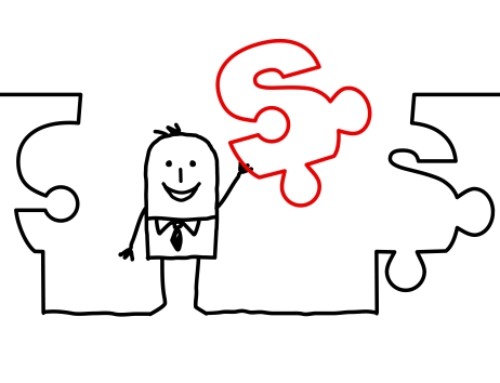
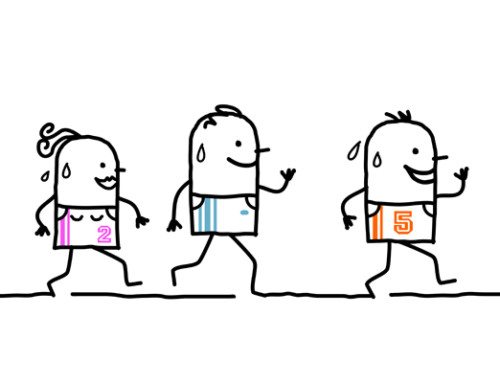
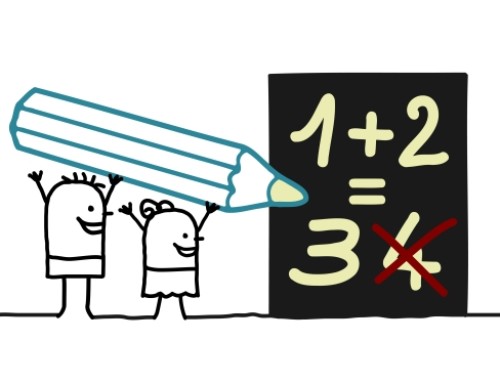
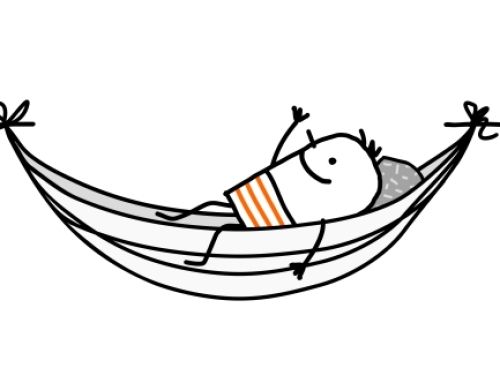
Leave A Comment